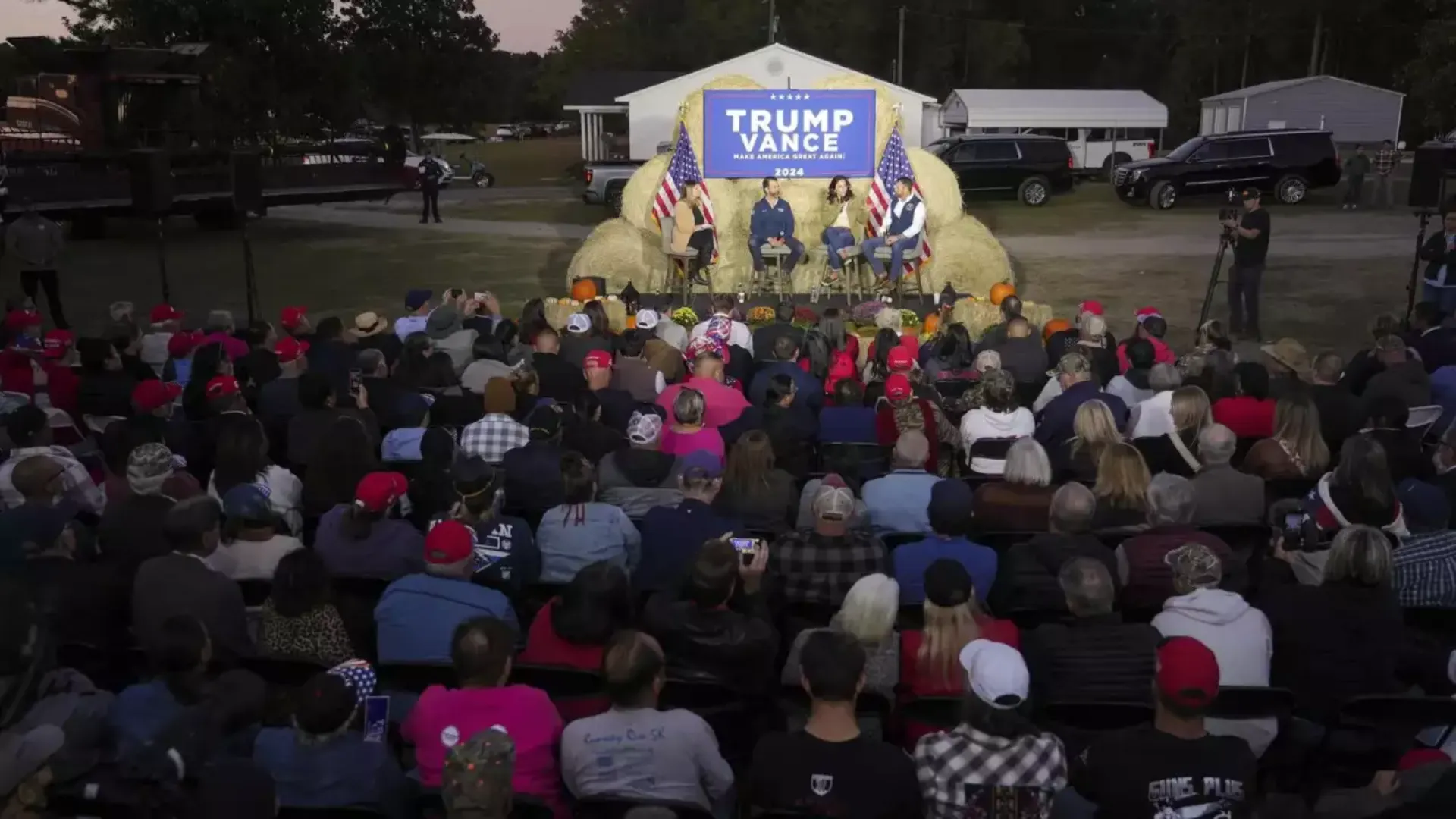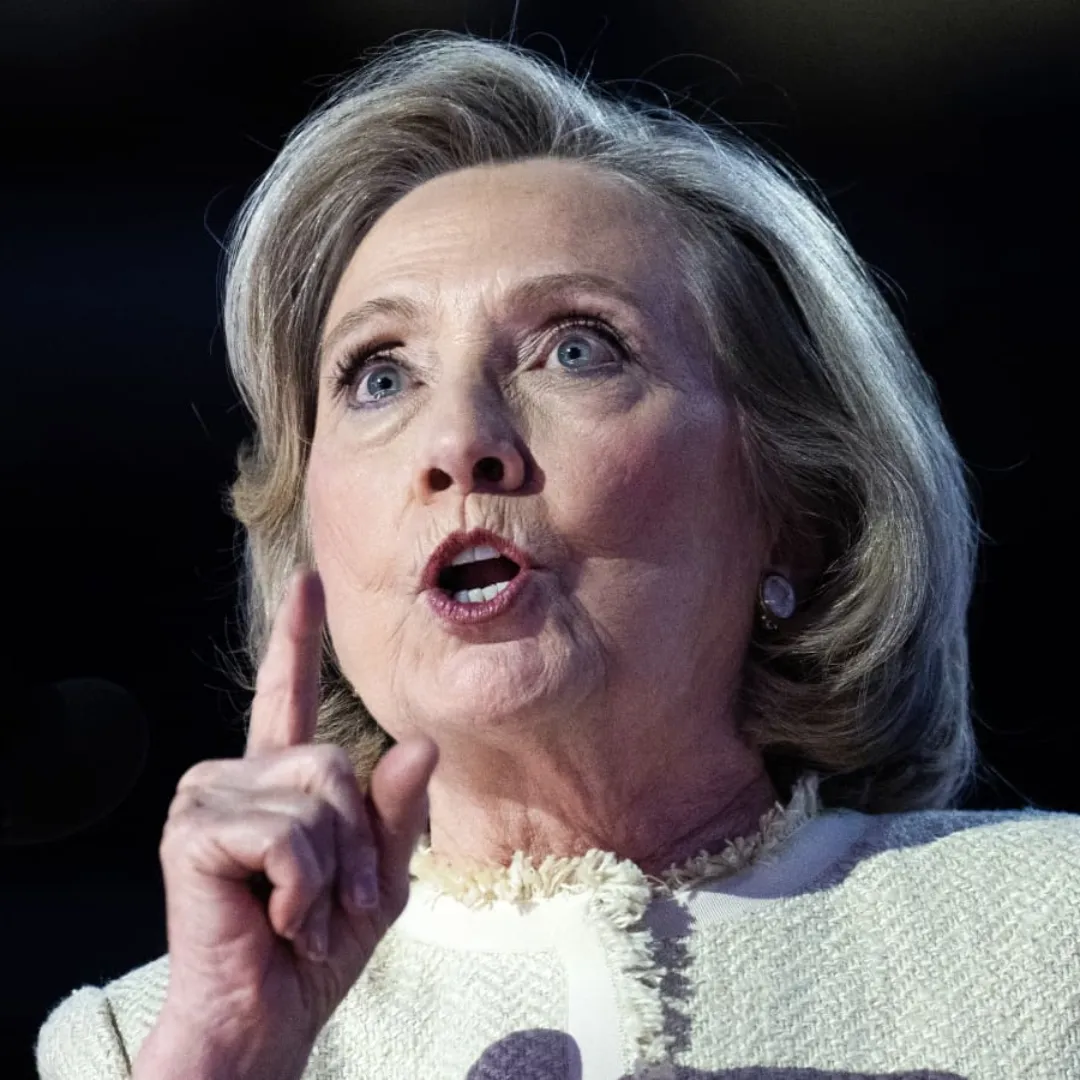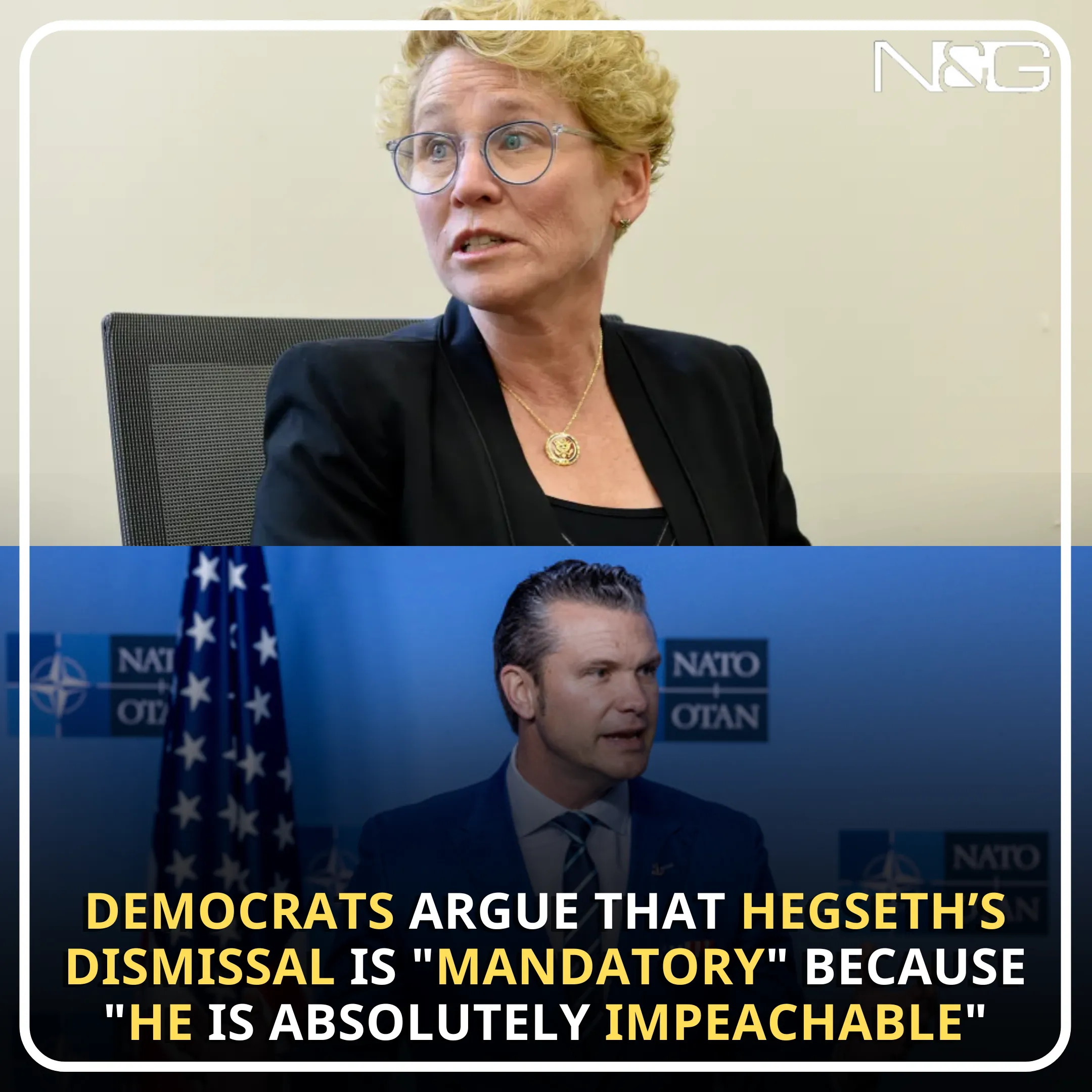
Minnesota Governor Tim Walz (D) found himself in the spotlight recently after making a controversial joke about Tesla's stock performance, which triggered sharp criticism, particularly from the political right. The joke, which came amidst the state’s financial dealings with Tesla and its CEO Elon Musk, had Walz backpedaling, attempting to clarify his remarks while drawing attention to broader issues regarding Musk’s wealth and his responsibility to society.
The incident unfolded during a public event in Wisconsin last week, where Walz lightheartedly remarked that he boosts his mood by checking Tesla’s stock, which has recently suffered a significant decline of 34.6 percent over the past month. "I added Tesla to it to give me a little boost during the day," Walz said, referring to his stock app on his phone.
The comment, which seemed innocuous at the time, quickly caught fire, sparking backlash from Tesla investors and critics who took issue with Walz's approach to the company.
One of the most vocal critics was investor Kevin O’Leary, who did not mince words in his condemnation of Walz's joke. O’Leary called the comment “beyond stupid,” pointing out that the Minnesota State Board of Investments holds 1.6 million shares of Tesla in its retirement fund.
Given that Walz is the governor of Minnesota, O'Leary argued that the joke could be seen as irresponsible, considering the state’s financial interest in Tesla’s success.
In a follow-up statement, Walz walked back his remarks, attempting to clarify that he was simply “being a smart-a--” and making a lighthearted comment. “I have to be careful about being a smart-a--, I was making a joke,” Walz said. "These people have no sense of humor. They are the most literal people."
Despite his attempt at humor, Walz admitted that his comments were likely a misstep. “My point was they’re all mad and I said something I … probably shouldn’t have about a company,” he continued, signaling some level of regret for the offhand remark.

The backlash didn’t stop there. Walz’s comments about Tesla’s stock were framed within a broader critique of Musk and his immense wealth. At a separate event in New York, Walz took aim at the world’s richest man, accusing him of failing to help those in need.
“Not this guy,” Walz said, referencing Musk. “Not this guy.” Walz elaborated, suggesting that if he were in Musk’s position, he would take a more philanthropic approach, giving money to people on the street to improve their day. "If I had that kind of money, I would be handing it out to people because it would be fun to make their day."
Walz’s criticism of Musk, coupled with the Tesla stock comments, added fuel to a larger debate about the concentration of wealth in the hands of a few individuals and corporations. For many Democrats, Walz’s remarks seemed to align with their frustrations over growing inequality and the influence of billionaires in politics and business.
However, for many Republicans and Musk’s supporters, Walz’s comments appeared to cross the line from humor into a personal attack on one of the most prominent figures in the tech industry.
This controversy comes at a time when Walz is positioning himself as one of the Democratic Party’s loudest and most vocal voices, particularly in his opposition to President Donald Trump and his administration. Walz, who ran alongside former Vice President Kamala Harris in the 2024 election, has increasingly embraced the role of a national figure, launching a speaking tour across the country.
His tour has taken him to various battleground states, where he has made waves with his criticisms of the Republican Party, especially in regard to their handling of issues like income inequality, healthcare, and the role of big business in politics.
Despite the backlash from Musk’s supporters and Republicans, Walz’s comments also received support from segments of the Democratic base, who are frustrated by the outsized influence of billionaires like Musk. Walz’s remarks about Musk’s failure to engage in philanthropy echoed broader Democratic concerns that wealthy individuals, especially those in the tech industry, are not doing enough to address the systemic issues facing everyday Americans.
Walz’s speaking tour and his emergence as a strong voice within the Democratic Party comes at a time when many Democrats are looking for a leader who can stand up to Trump and challenge the influence of corporate interests. Walz has made it clear that he sees himself as part of the resistance, and his ability to engage in heated debates and controversy has made him a central figure in the party’s ongoing struggles.
For many, Walz represents the kind of populist Democrat who is willing to challenge the status quo, even if it means taking on powerful figures like Musk.

While Walz’s comments may have been seen as an unfortunate misstep by some, they also highlight a deeper issue within the political discourse in America: the tension between the rich and poor, and the growing frustration over the lack of accountability among the wealthiest individuals.
As the debate over wealth inequality and corporate power continues to evolve, Walz’s outspoken nature and willingness to tackle these issues head-on could make him a key player in shaping the future of the Democratic Party.
As for Walz, his attempt to walk back his Tesla joke has done little to dampen the controversy. If anything, it has only increased the intensity of the conversation surrounding his views on wealth and philanthropy.
As he continues to gain national prominence, it remains to be seen how his comments will shape his political future. For now, Walz remains a figure to watch—both for his critiques of billionaires like Musk and for the broader role he will play in the Democratic Party’s fight for the soul of American politics.



